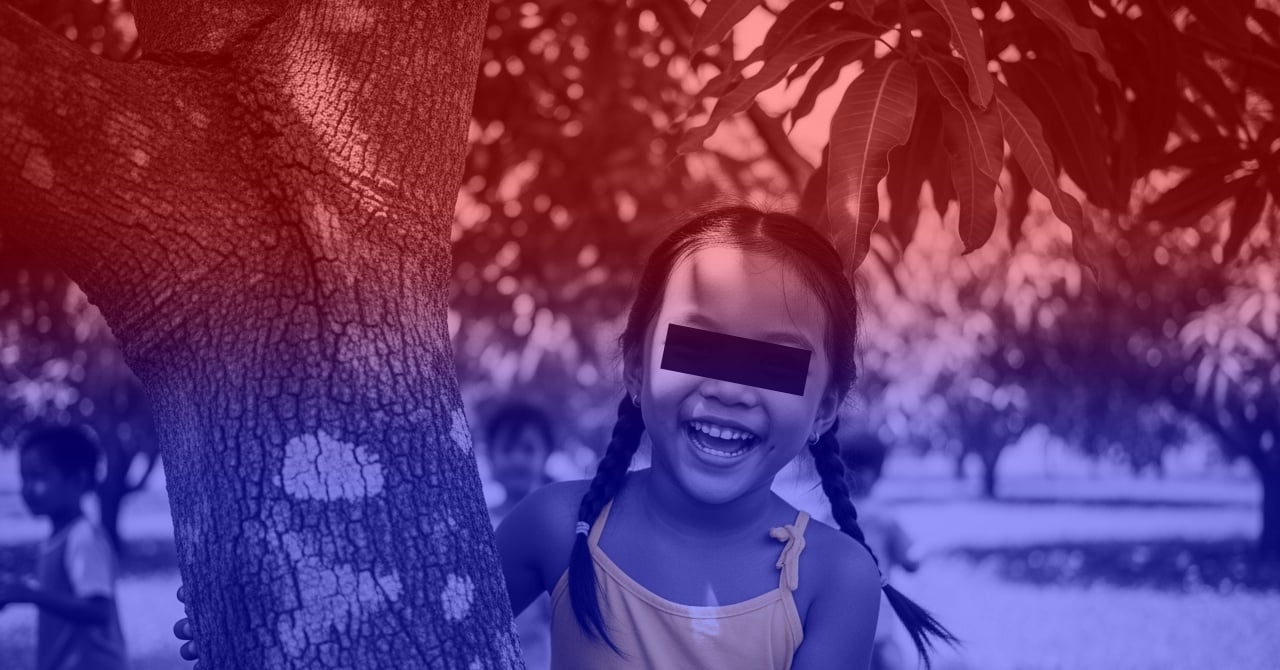When a child is forced into marriage, their future is often decided for them—too early, too fast, and without real choice. That’s why Republic Act No. 11596, or the Anti-Child Marriage Act, was signed into law on December 10, 2021. This landmark law puts a stop to the practice of child marriage in the Philippines—across all communities, faiths, and customs—and aims to protect minors from abuse, premature responsibilities, and lost opportunities.
Here’s everything you need to know.

What Is Child Marriage Under RA 11596?
RA 11596 defines child marriage as any marriage or cohabitation where one or both parties are below 18 years old—even if it’s not officially registered or is part of traditional or religious practices.
The law applies to:
- Civil and church weddings
- Customary or traditional unions
- Informal cohabitation between an adult and a child, or between children
All such unions are void from the beginning. This means they hold no legal effect and are not recognized by law.
Prohibited Acts Under the Law
RA 11596 strictly prohibits the following:
- Contracting a child marriage, including cases where the child is made to agree under pressure
- Facilitating, fixing, arranging, or solemnizing child marriages by parents, guardians, religious leaders, or community elders
- Creating or using fake documents, like altered birth certificates, to hide a child’s age
- Living or cohabiting with a minor outside of wedlock
These acts are criminal offenses under the law—whether done intentionally or under the guise of tradition.
Penalties for Violators
Violators of RA 11596 face serious jail time and fines, especially if the offender is a person of authority or trust.
| Offense | Penalty |
| General violators (e.g., fixers, adults in unions with children) | 8 to 12 years imprisonment and ₱40,000 fine |
| Parents/guardians/ascendants | Up to 12 years and ₱50,000 fine plus perpetual loss of parental authority |
| Public officials (e.g., barangay officials, solemnizing officers) | Same jail term plus dismissal from service and disqualification from public office |
| Adults cohabiting with a child | 10 to 12 years imprisonment and fines |
Anyone can report these violations. Prosecution is considered a public offense.
A Note on Exemptions
The law provided a one-year transition period for Muslim and Indigenous Peoples (IP) communities. This allowed time for:
- Community awareness campaigns
- Dialogue with elders and religious leaders
- Cultural adaptation
After this period, full compliance is mandatory regardless of faith or custom.
Government Agencies Behind the Law’s Implementation
Multiple national and local agencies are involved in turning the law into real protection:
Department of Social Welfare and Development (DSWD)
Leads efforts to support children affected by child marriage through:
- Legal aid
- Counseling
- Health services
- Education and livelihood programs
Department of Justice (DOJ)
- Prosecutes violators
- Provides legal support to victims
Department of Health (DOH)
- Offers reproductive and child health services
Department of Education (DepEd)
- Delivers education programs to raise awareness in schools and communities
Commission on Human Rights (CHR)
- Monitors human rights violations
- Supports advocacy efforts
National Commission on Muslim Filipinos (NCMF) and National Commission on Indigenous Peoples (NCIP)
- Engage with cultural communities to explain the law’s benefits and obligations
Supreme Court
- Guides judicial support and case handling
Local Government Units (LGUs)
- Roll out Information, Education, and Communication (IEC) campaigns
Why This Law Matters
RA 11596 doesn’t just stop a harmful practice—it builds a safer future. Here’s what it aims to achieve:
- Protect children from abuse, exploitation, and premature responsibilities
- Empower families through access to social services
- Promote gender equality and reduce discrimination
- Align with global human rights standards, especially the UN Convention on the Rights of the Child
- Reject outdated practices that violate a child’s right to choose and grow
What Filipinos Are Saying About RA 11596
“This should’ve happened a long time ago. I saw too many young girls forced into lives they weren’t ready for.”
— Facebook comment, women’s rights page
“Some in our tribe didn’t agree at first, but after we talked to DSWD and NCIP, people started to understand that this law protects our children.”
— Reddit user, r/Philippines
“As a teacher, I’ve seen students drop out because they got married off too early. I hope this changes their future.”
— YouTube comment, education channel
Frequently Asked Questions
Can a parent be jailed for marrying off their child?
Yes. Parents or guardians who facilitate child marriage can be jailed and lose parental rights permanently.
Is a cultural or religious marriage with a child still legal?
No. All forms of child marriage are prohibited, regardless of tradition or faith.
What if the child willingly agrees to marry?
Consent from a child (below 18) is not legally valid in matters of marriage or cohabitation.
Where can violations be reported?
You can report to your barangay office, DSWD, or the nearest police station.
Final Thoughts
RA 11596 sends a clear message: no child should be robbed of their childhood, education, or dreams by a premature union. The law rejects the normalization of child marriage and instead opens the door for better opportunities, especially for young girls.
As citizens, educators, parents, and leaders, we all have a role to play in protecting the next generation. Change takes time—but with awareness, compassion, and action, we move closer to a future where every child has the right to grow, choose, and thrive.
